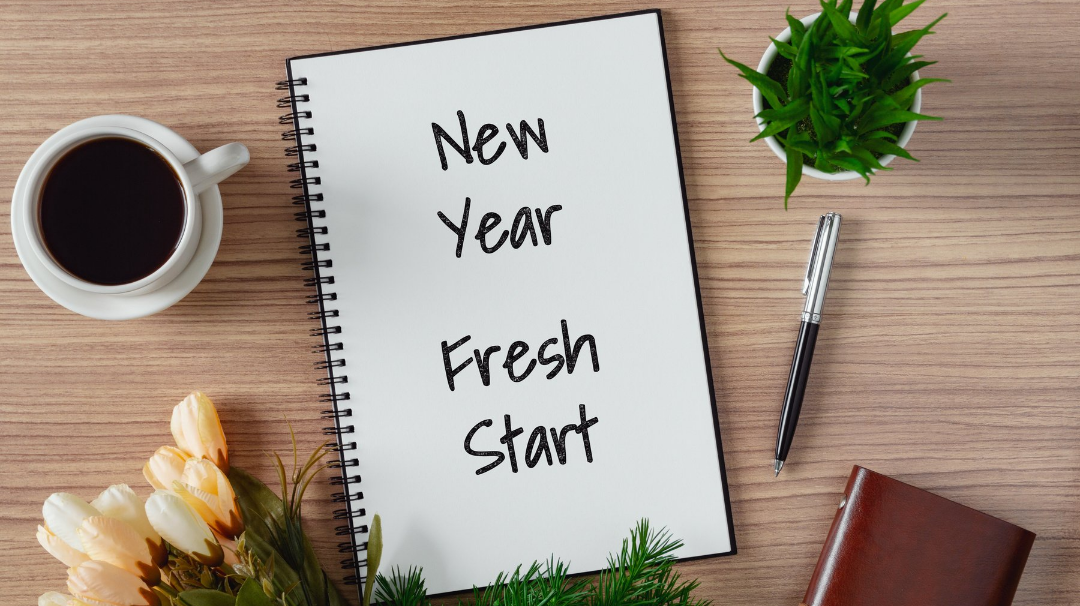The origins of New Year’s resolutions may reside with the Babylonians, who made promises to their gods each year to earn their favour. Fast forward 4,000 years to today, and our New Year’s traditions have evolved. When we set a resolution, we’re often creating a statement of desired change about appearance, lifestyle, relationships or careers. Unfortunately, many such resolutions tend to focus on negatives or perceived deficits in our lives with big expectations for change. The resulting pressure to succeed in meeting these expectations can create anxiety. Most resolutions fall by the wayside by mid-January making us feel like we’ve failed.
How can you change that for 2022? Set an intention, not a resolution.
By changing our language to setting an intention, we shift our focus to creating opportunity in our lives that goes beyond something external. Framing our thoughts around the new year as intentions can influence the way goals are perceived. With an intention, there can be room beyond the pass/fail binary for experimentation and exploration.
Still, many of us will feel stress around making and keeping our intentions. To alleviate some of the pressure we’ve put together some realistic tips for 2022.

#1 Keep Intentions Manageable
Building changes into habits and behaviours requires focus. Making New Year’s intentions to support your mental health requires identifying habits that can reasonably be met. You can give the mind the time it needs to create a different pathway. Making small changes, one at a time is a clearer way forward.

#2 Frame Intentions Positively
Focusing on positive change can lead to deeper understanding. For example, instead of ‘I want to lose 15 pounds in 2022’, you might say ‘I want to eat more green vegetables in 2022,’ or ‘I want to move my body more in 2022.’

#3 Make Intentions Flexible
Once you have a positive intention in mind, consider how you might identify ways to assess where you’re at and whether this intention is a good one for you at this time. If your intention is to keep a gratitude journal but you’re becoming increasingly frustrated with yourself each day you don’t follow through, perhaps a different intention would get you to a similar place without the additional stress.

What are some New Year’s intentions that support mental health?
There’s some solid research behind the ways in which lifestyle choices can impact our moods, build resilience and allow us to feel better about ourselves.
If you’re looking to prioritize your mental health in the coming year, you might consider setting intentions in one or more of these areas:
- Building social relationships
- Getting physically active
- Maintaining a balanced diet
- Setting boundaries around social media
- Understanding & communicating personal needs
There may be times when intentions—whether met or not—will not shift a dark mood or reduce the discomfort of anxiety. If this is the case, it’s important to seek help. You will find lots of options for support online.
Eli’s Place will be a rural, residential treatment program for young adults with serious mental illness. To learn more about our mission and our proven-effective model click here.




